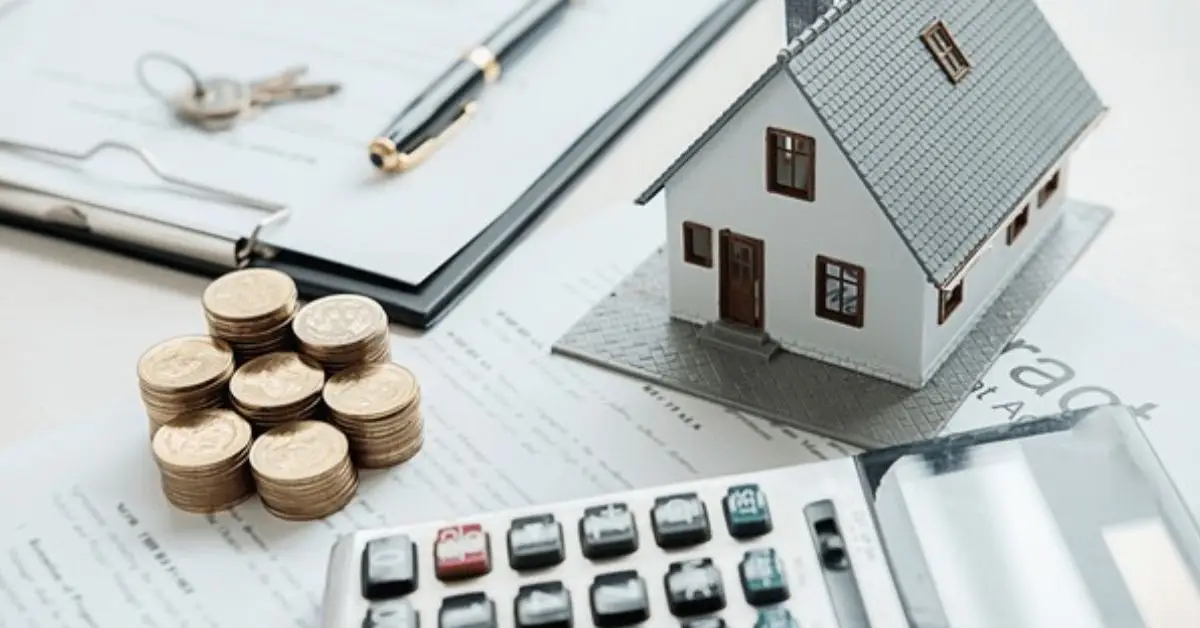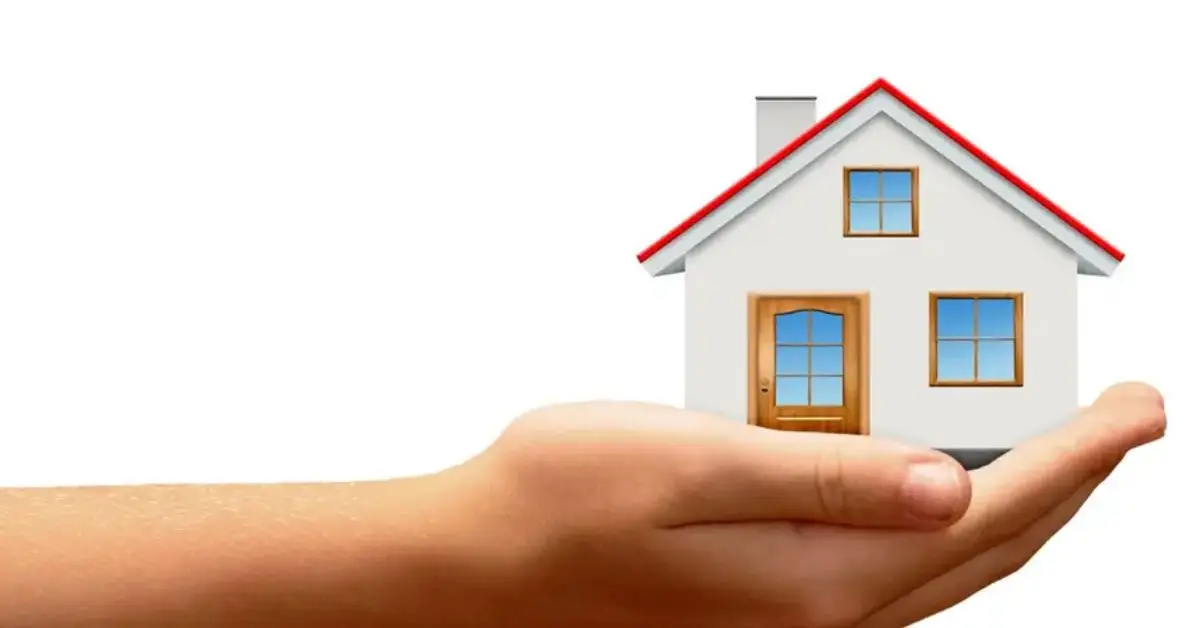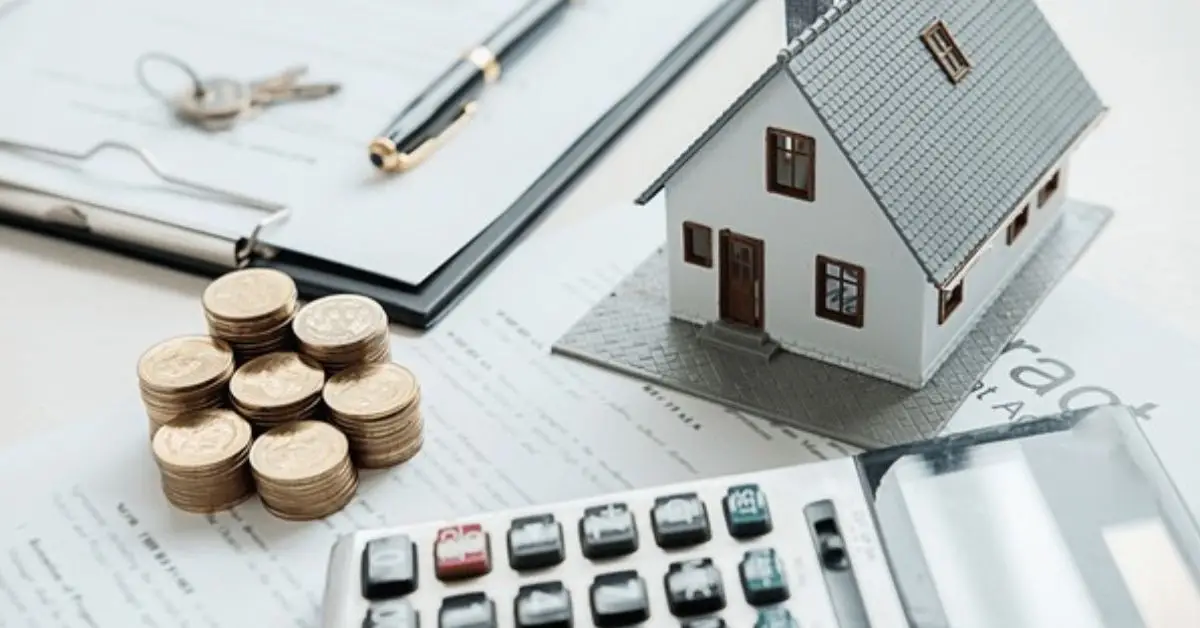Why Buying a Home Could Be the Smartest Move You Make 7 Key Benefits
I was after independence as much as the American ideal when I purchased my first house in the United States. Freedom from annual rent increases by landlords, the ability to renovate my kitchen without seeking permission, and the ability to make investments that will genuinely increase my net worth rather than someone else’s.
You are already familiar with the frustration if you have been renting for a long time. Your money keeps vanishing into rent payments, and by the end of the year, you have no equity left. In contrast, the median American homeowner’s net worth is approximately $255,000, while the median renter’s net worth is only $6,300, according to the Federal Reserve. That disparity is significant enough to alter your financial trajectory.
What most home buying guidelines fail to mention, however, is that certain advantages go beyond financial gain. Tax deductions and admiration are undoubtedly present, but so are the stability, pride, and genuine feeling of community.
We’ll go over seven advantages of purchasing a home in this guide that you can’t afford to overlook. These practical, real-world benefits have the potential to influence your legacy, lifestyle, and finances. Which one do you believe would have the most impact on your life?
1. Build Equity, Not Rent Payments
You are paying someone else’s mortgage each month when you pay your rent. Those same monthly payments become yours if you become a homeowner. You’re progressively increasing your ownership stake in the property by using a portion of your mortgage to pay down the loan balance. Consider it a forced savings plan that gradually increases on its own.

The good news is that equity isn’t just derived from mortgage repayment. Additionally, it may increase if the market value of your house rises. Despite a few market downturns, U.S. home prices have increased significantly over the last 20 years. The National Association of Realtors reports that the typical price of a home increased from approximately $172,900 in 2000 to $417,700 in 2023. For homeowners who kept their homes, that is a huge gain.
When you rent, the money disappears as soon as it is sent. By making a purchase, you are creating a tangible financial asset that you can use for retirement, education expenses, or even remodeling. That’s what separates investing in your future from merely paying for housing.
Some purchasers choose to buy a home with cash instead of a mortgage, but before you do that, read Buying a Home With Cash in Today’s Market: Smart or Risky?to comprehend the benefits and drawbacks.
2. Enjoy Tax Benefits and Deductions
The fact that having a property might actually reduce one’s tax liability surprises many individuals. There are a few main strategies to increase your annual income if you itemize your deductions:
-
Mortgage interest deduction
In the early years of your loan, most of your payment goes toward interest. You can deduct that amount from your taxable income, which can be a big break. -
Property tax deduction
You may also be able to deduct some or all of your property taxes, depending on current tax laws and limits. -
First-time homebuyer credits or incentives
Some states and programs offer tax credits for first-time buyers, which directly reduce the amount you owe, not just your taxable income.
Particularly while you’re adjusting to the expenses of homeownership, these savings can have a significant impact. Before filing, see the official IRS Homeowners Tax Guide to ensure you are claiming all of your entitlements.
3. Gain Stability with Fixed Payments
The fact that you never know when your rent may increase is one of the most unpleasant aspects about renting. Your principal and interest payments for a fixed-rate mortgage are set for the duration of the loan, which could be 15, 20, or 30 years. That translates to far greater peace of mind, no unpleasant shocks, and no unexpected increases in rent.

Here’s why that’s important:
-
Predictable housing costs
You know exactly what you ll be paying every month, making long-term budgeting much easier. -
Protection against inflation
As rents in your area rise over time, your mortgage payment stays the same, which means you re effectively paying less in real terms every year. -
Financial confidence
Stability in housing costs frees you to plan for other goals retirement, travel, starting a business without worrying about unexpected housing cost spikes.
Your primary payment won’t change, even though your insurance and property taxes may. Having that level of consistency can mean the difference between merely making ends meet and creating a stable, comfortable financial future.
4. Benefit from Home Appreciation
You are holding an asset that has the potential to increase in value over time when you buy a home, not merely paying for a place to live. In the past, the average yearly increase in U.S. home prices has been around 3.5 percent; in certain regions, this growth has been substantially greater during periods of robust economic expansion.
What motivates gratitude at home?
-
Location growth
New schools, better infrastructure, and thriving job markets tend to push property values up. -
Housing demand
Areas with limited supply and high buyer interest usually see faster appreciation. -
Upgrades and maintenance
Renovations like kitchen remodels or adding energy-efficient features can boost your home s resale value.
Tips for maximizing gratitude:
- Time your sale for when the market is favorable and demand is high.
- Keep your property well-maintained so it stays competitive.
- Consider refinancing when your home s value rises, freeing up equity for other investments.
Over the past ten years, home prices in the United locations have increased consistently, with noticeable spikes in some locations, according to the Federal Housing Finance Agency. Real estate continues to be a key component of long-term wealth accumulation in America in part because of this constant increase.
5. Personalize Your Living Space
The total ability to customize your home is one of the benefits of home ownership. You take the initiative and don’t need permission to paint a wall, replace the flooring, or add that ideal kitchen island.
How customization improves your quality of life:
-
Functional changes
Convert a spare bedroom into a home office or gym to match your needs. -
Aesthetic upgrades
Choose the colors, finishes, and d cor that truly reflect your style. -
Outdoor improvements
Plant a garden, build a deck, or set up an outdoor kitchen for year-round enjoyment.
Being a homeowner allows you to design a space that best suits your needs, unlike renting, where limitations restrict what you may alter. In addition to improving comfort, well-chosen improvements can raise the value of your home and yield financial and personal benefits.
Creating a location that reflects your priorities and personality is more important than simply having a place to live.
6. Create a Legacy for Future Generations
Purchasing a home is a means to create something enduring for the people you care about, not just a financial decision. A home can be the foundation of a family’s wealth and more than just a place to live.
The significance of this for families
-
Passing on property
A fully or partially paid-off home can be inherited, giving your children or heirs a huge head start in life. -
Wealth that grows
Unlike many assets, real estate often appreciates in value over time, so the property you pass down may be worth far more in the future. -
Emotional security
Knowing your family will always have a place to call home can offer peace of mind that money alone can t buy.
A family house is passed down from one generation to the next and represents stability and opportunity for many Americans. It’s a concrete method of saying, “I’ve worked for this, and now you can build on it.”
7. Experience Emotional and Psychological Well-being
Being a homeowner affects more than just your financial situation; it also affects how you live your life. Renting just cannot compare to the sense of pride and achievement that comes with owning your space.
How it affects health:
-
Pride in ownership
Every improvement you make is an investment in
your
property, not your landlord s. -
Stability for mental peace
Knowing you won t be forced to move due to rent hikes or lease changes helps reduce stress.
A house can grow beyond its four walls. It serves as the setting for customs, memories, and a stronger feeling of community. Both the financial and emotional returns are equally worthwhile.
How to Maximize These Benefits When Buying Your Home
Being aware of the advantages of homeownership is one thing, but ensuring that you experience them is quite another. Making a few wise decisions up front will help you maximize your investment right away.
Useful strategies to optimize your advantages:
-
Choose the right mortgage
Compare fixed-rate vs. adjustable-rate loans, and shop around with multiple lenders to secure the best terms. If you re thinking about upgrading to a new property while selling your current one, it s worth understanding the potential pitfalls first check out these8 costly mistakes to avoid when buying and selling your home simultaneously
so you can navigate the process smoothly.
-
Research neighborhoods carefully
Look for areas with good schools, low crime, upcoming infrastructure projects, and a history of steady price growth. -
Plan renovations strategically
Focus on upgrades that add real value, like kitchen remodels, bathroom updates, and energy-efficient improvements. -
Work with a tax professional
Make sure you re claiming every deduction and credit available to homeowners, especially in your first year.
By taking these precautions, you can safeguard your investment while also ensuring that you’re increasing equity, saving money on taxes, and living in a house that suits your needs.
Final Thoughts: Why Buying a Home is More Than Just a Purchase
In the previous sections, we examined seven compelling arguments for why purchasing a home in the United States entails much more than only acquiring real estate:
- You build equity instead of paying rent.
- You enjoy valuable tax benefits.
- You gain stability with predictable payments.
- You benefit from appreciation over time.
- You get the freedom to personalize your space.
- You create a legacy for your family.
- You experience emotional and psychological rewards.
When you combine these factors, being a homeowner becomes more than just a financial decision; it’s a way of life, a stabilizing factor, and a basis for long-term security. It’s a significant step, to be sure, but it’s also among the most empowering things you can do for your family and yourself. You might still be able to become a homeowner even if your credit isn’t flawless. This helpful resource outlines your possibilities for purchasing a property with terrible credit.
It’s your time now. Which of these advantages most appeals to you? I’d love to hear your opinions, so please leave a comment below.
And if you re ready to explore your next step toward homeownership,visitBuild Like Newfor more guides, tips, and expert insights.
Disclaimer:This article is for informational purposes only and is not financial, legal, or tax advice. Please consult a qualified professional for guidance specific to your situation.
Contents Table
-
1. Build Equity, Not Rent Payments
-
2. Enjoy Tax Benefits and Deductions
-
3. Gain Stability with Fixed Payments
-
4. Benefit from Home Appreciation
-
5. Personalize Your Living Space
-
6. Create a Legacy for Future Generations
-
7. Experience Emotional and Psychological Well-being
-
How to Maximize These Benefits When Buying Your Home
-
Final Thoughts: Why Buying a Home is More Than Just a Purchase




